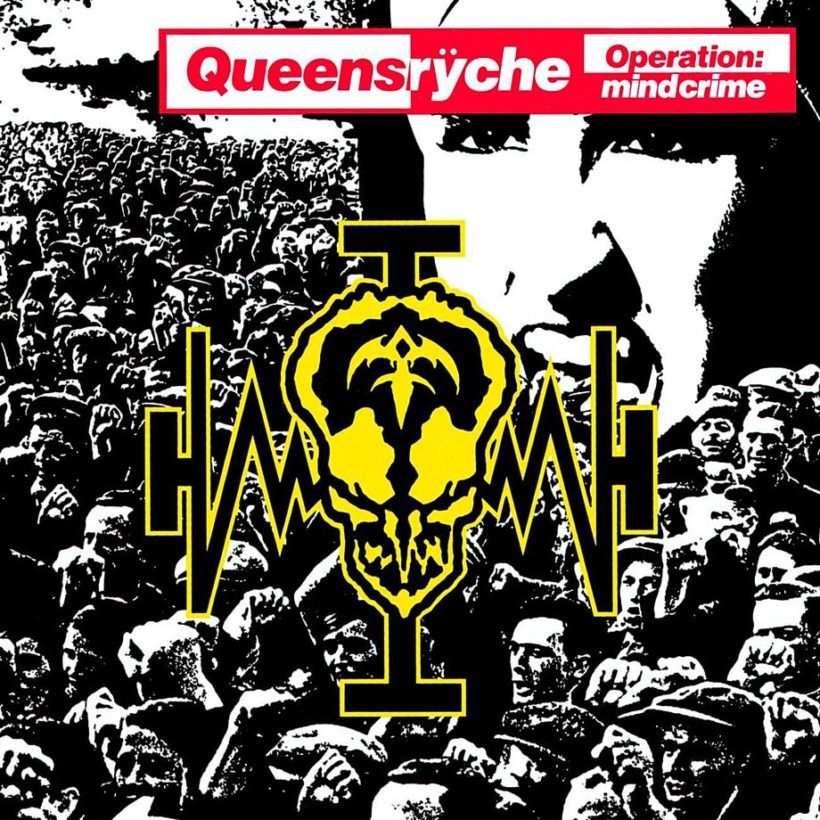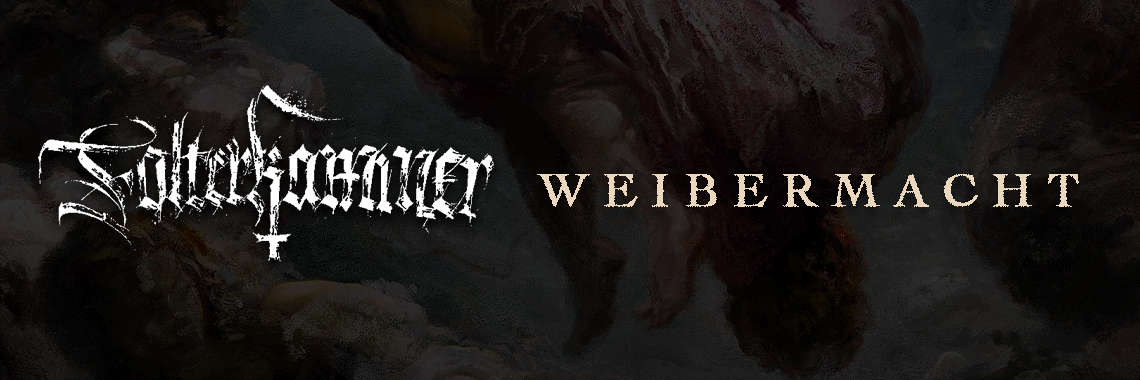
dB HoF NO. 80
Operation: Mindcrime
Label: EMI
Release date: 1988
—————————————————–
The Queensrÿche of today hardly resembles the leather-clad, high energy band of young metallers that burst onto the global underground in 1983. In the early/mid-’80s, the Seattleites were America’s most promising answer to Judas Priest and Iron Maiden, and the regal quintet backed up the hype with metal cornerstones such as 1983’s Queensrÿche EP, 1984’s The Warning full-length and 1986’s state-of-the-art Rage for Order. Hit singles, platinum albums and world tours were to follow, and by the time the mid-’90s rolled around, the band—vocalist Geoff Tate, guitarists Michael Wilton and Chris DeGarmo, bassist Eddie Jackson and drummer Scott Rockenfield—had reinvented itself as a less genre-specific rock outfit. The worthiness of their output in this later post-metal guise has been highly debated, but we’re not here to talk about that.
Queensrÿche’s third full-length offering, Operation: Mindcrime, was their first fully conceptual endeavor, and despite sitting second next to 1990’s Empire album in terms of sales, Mindcrime remains the band’s most influential work. Taking their tight-tighter-tightest modus operandi to new heights of meticulousness, Operation: Mindcrime was, in the words of DeGarmo, “an album that required precision, almost like a black ops initiative.” Queensrÿche always did things to the extreme. No, they’re not “extreme metal,” but consider their extreme attention to detail, their extreme defiance of metal cliché and metal production norms, Tate’s extreme high pitches (in their early days) and their extreme oversight when it comes to honing their craft to the finest billionth of a degree before offering it to the public. They were metal’s tightest band, both in terms of performance and presentation, to an almost absurd degree.
From their dungeon-metal early days, the band would evolve significantly with each recording, and when the Mindcrime album went to #50 on the Billboard chart (a feat more difficult to attain in 1988 than 2011, no disrespect to Amon Amarth), Queensrÿche reached a level of acclaim few metal bands have ever enjoyed. As for Mindcrime itself, the album has taken its rightful place next to other great rock and metal concept albums, whether it’s the expansive sociological/psychological examination of the Who’s Quadrophenia or King Diamond’s airtight horror tale Abigail—and it is somewhere between these two albums that Operation: Mindcrime sits, sonically and aesthetically. Mindcrime found the band aware of the political and social issues of the day, and in spots you could hear Queensrÿche moving toward a more cosmopolitan, mainstream rock sound; the other face of the album kept a loyalty to the Euro-metal fires the band was forged in, offering some pretty creepy characters to fill out a storyline that remains the subject of many a QR fan’s musings to this day.
—Jeff Wagner
To read the entire article, purchase this issue from our online store.




